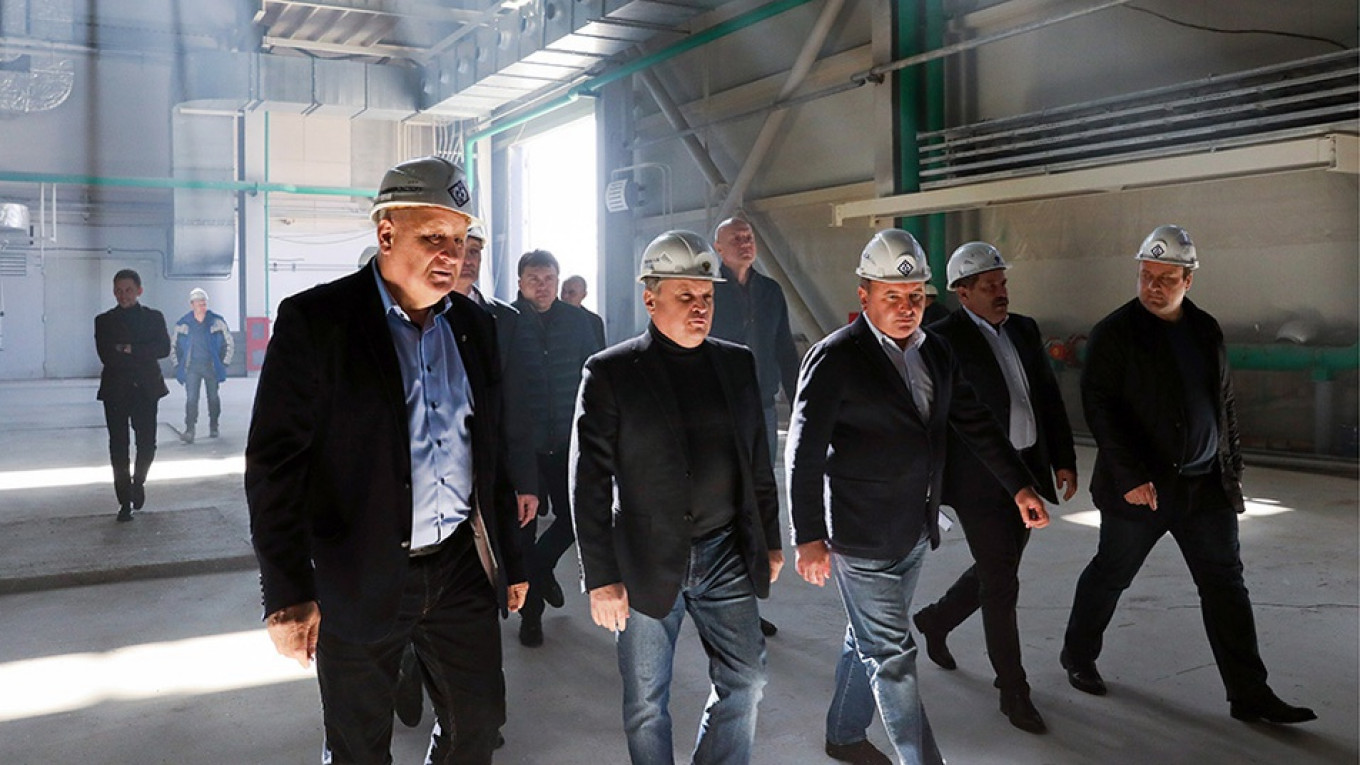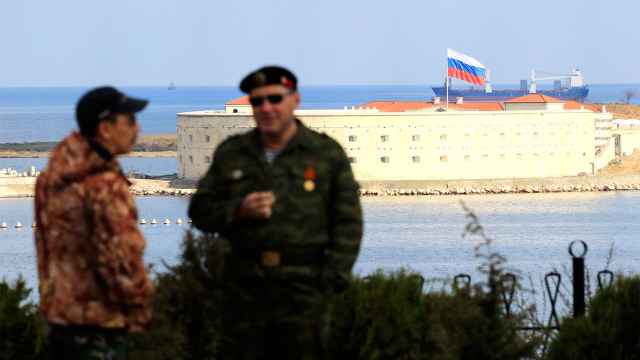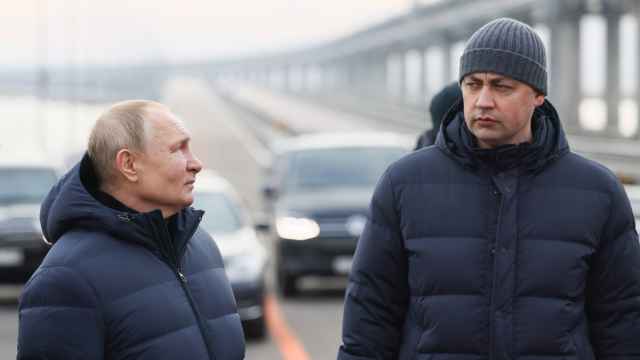Russia's energy ministry said it had conducted the first test of a German-made electricity turbine that was installed in Crimea in contravention of European sanctions.
Russia annexed Crimea from Ukraine in 2014 and since then has been subject to sanctions that, among other things, bar European Union companies from supplying energy infrastructure to the region.
But Russia sent four turbines built by the German engineering company Siemens to Crimea – without its knowledge, Siemens said. The shipments angered Berlin and led Brussels to impose new sanctions on Russians involved in the deliveries.
Without help from Siemens or engineers affiliated with Siemens, it would be hard to activate the turbines and the software used to run them, several power generation specialists told Reuters.
The testing indicated, though, that Russia is getting closer to being able to commission the turbines and to start using them to generate electricity for Crimea.
The region has suffered occasional blackouts since the annexation, when it was cut off from the Ukrainian grid that had supplied much of its electricity.
In a statement, the Russian energy ministry said one of the two power-generating blocks at a new power station in the Crimean city of Simferopol had been put through a successful test run.
Russia is working to complete a second power station, in the Crimean city of Sevastopol, where Siemens turbines were installed. Siemens said that also happened without its consent.
The Russian government said earlier this month it expected the first blocks at both Simferopol and Sevastopol to begin operation in September and the second blocks in November.
That was later than previously forecast by the government.
A Message from The Moscow Times:
Dear readers,
We are facing unprecedented challenges. Russia's Prosecutor General's Office has designated The Moscow Times as an "undesirable" organization, criminalizing our work and putting our staff at risk of prosecution. This follows our earlier unjust labeling as a "foreign agent."
These actions are direct attempts to silence independent journalism in Russia. The authorities claim our work "discredits the decisions of the Russian leadership." We see things differently: we strive to provide accurate, unbiased reporting on Russia.
We, the journalists of The Moscow Times, refuse to be silenced. But to continue our work, we need your help.
Your support, no matter how small, makes a world of difference. If you can, please support us monthly starting from just $2. It's quick to set up, and every contribution makes a significant impact.
By supporting The Moscow Times, you're defending open, independent journalism in the face of repression. Thank you for standing with us.
Remind me later.






